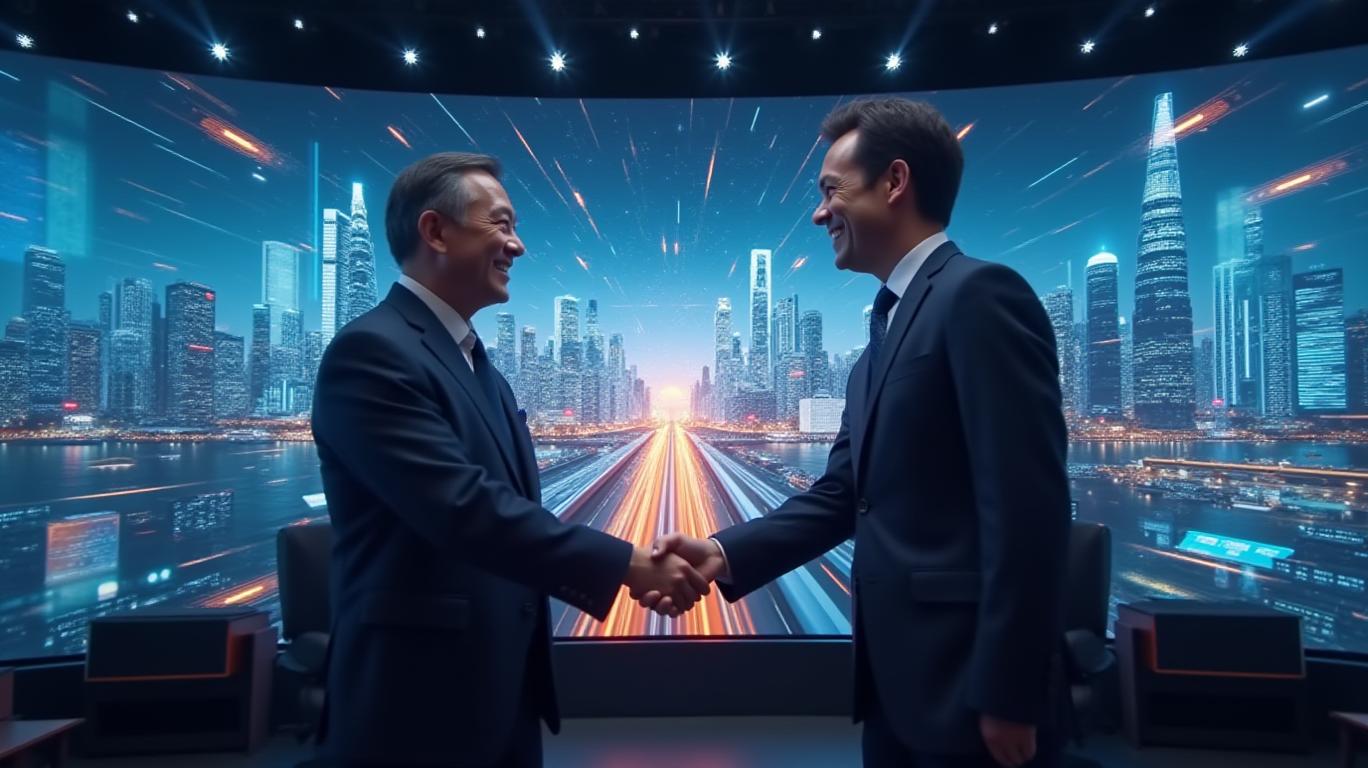SoftBank and OpenAI Forge Alliance to Drive Japan's AI Transformation with "Cristalintelligence"
In the rapidly advancing landscape of global artificial intelligence technology, SoftBank Group and AI leader OpenAI have officially announced a strategic partnership on February 3, aimed at developing an advanced enterprise AI solution named "Cristalintelligence." This collaboration marks a pivotal step towards leading Japan's digital transformation and intelligent wave.
Masayoshi Son, CEO of SoftBank, expressed confidence in the potential of Artificial General Intelligence (AGI), anticipating its realization within the next decade with primary applications in large enterprises. He stressed that deploying such technology requires not only substantial financial backing but also the development of real-world application scenarios to drive actual value creation. In line with this vision, SoftBank plans to invest $3 billion annually to integrate OpenAI's advanced solutions across its subsidiaries.
"Cristalintelligence," built on cutting-edge technologies like deep learning and generative adversarial networks (GANs), is designed to enhance business processes through predictive analytics and optimization, thereby empowering companies with data-driven decision-making and significantly boosting operational efficiency.
In support of this vision, SoftBank and OpenAI have established a joint venture named "SBOpenAIJapan," focusing on promoting OpenAI's enterprise technology to Japan's large corporations. With a 50-50 ownership structure, the joint venture reflects both parties' commitment to this strategic alliance, not only facilitating AI technology's adoption in Japan but also anticipating the creation of more application cases for accelerated digital transformation.
This cooperation represents more than just a technical integration; it's a strategic insight into the future industry trends. As advanced AI technologies gradually permeate complex business scenarios, solutions like "Cristalintelligence" offer transformative possibilities across sectors such as healthcare, finance, and manufacturing, enhancing inter-business integration and service delivery.
However, the challenges and responsibilities accompanying technological progress cannot be ignored. Issues of privacy protection, data security, and AI ethics remain critical challenges for any organization implementing new technologies. Masayoshi Son emphasized that future AI solutions should not only enhance efficiency but also achieve greater humanization and intelligence, ensuring technology serves society effectively.

Stay ahead with real-time Wall Street scoops.
Latest Articles
Stay ahead of the market.
Get curated U.S. market news, insights and key dates delivered to your inbox.

Comments
No comments yet